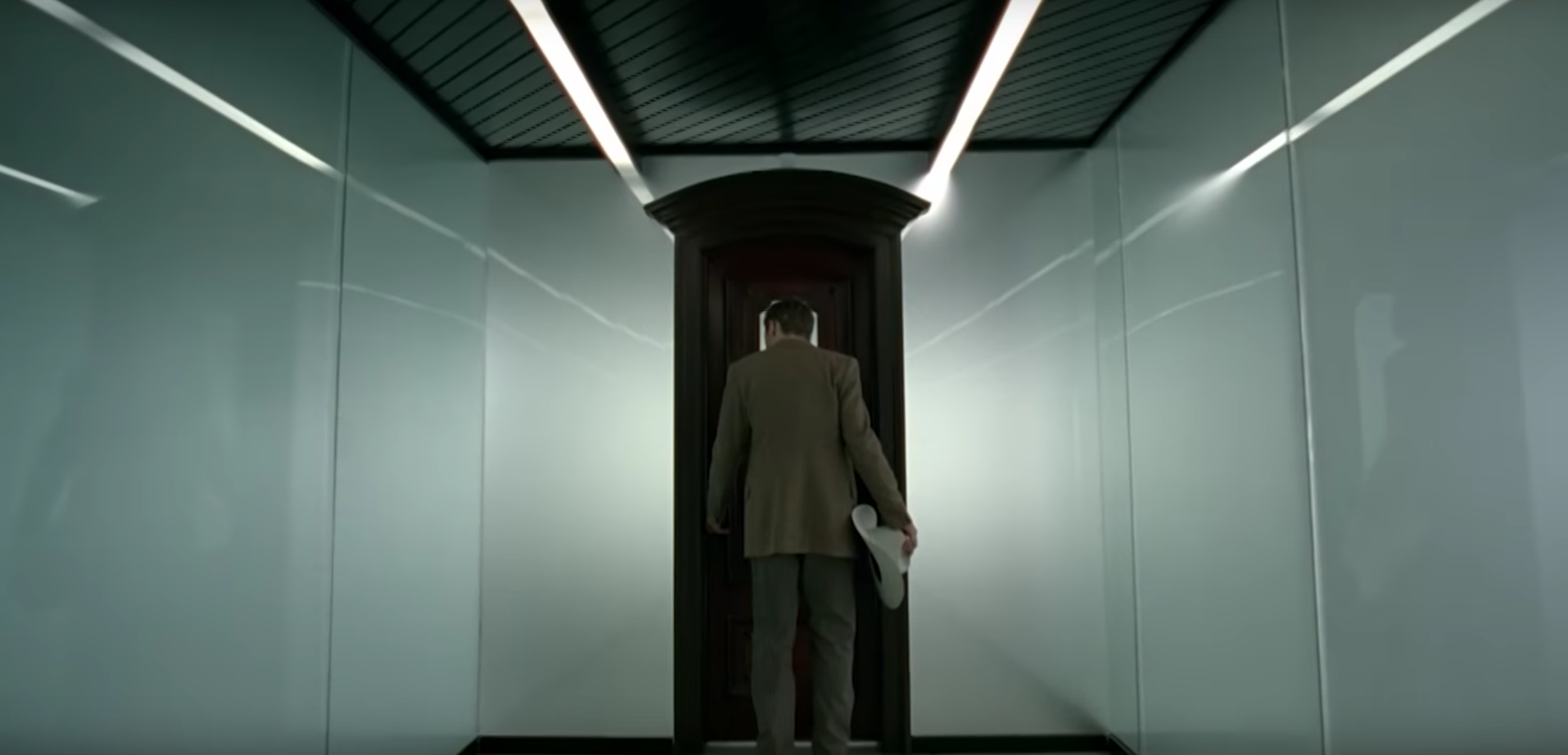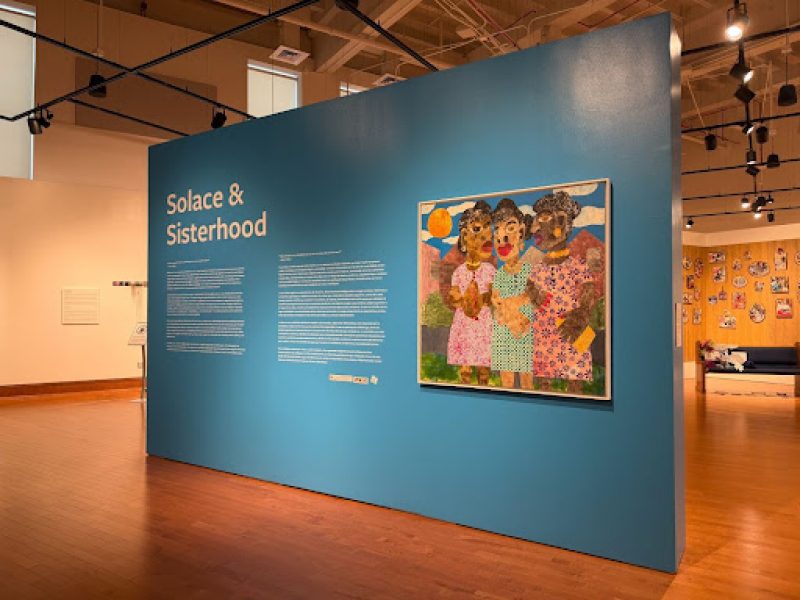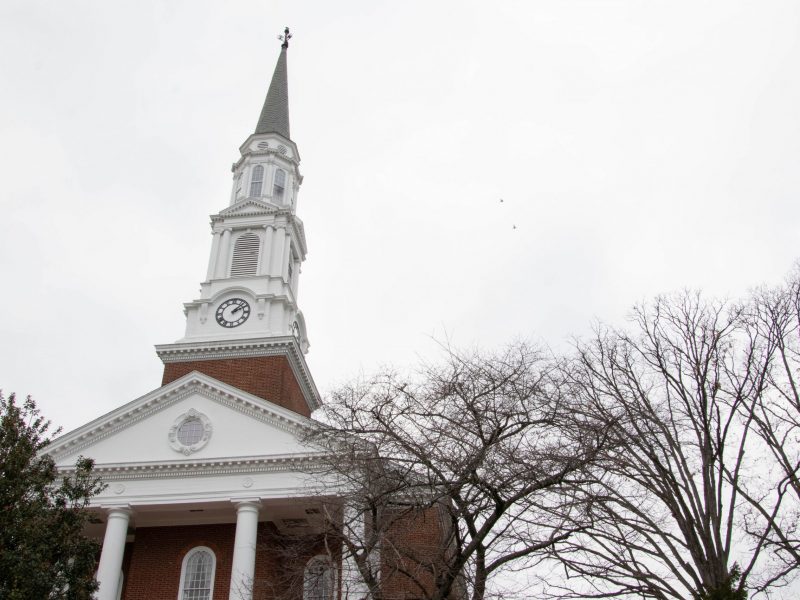As we approach the season finale of Westworld, the show has managed to continue its streak of unexpected, though occasionally lazy, twists while answering some lingering questions.
The plot connections are clearer now than ever before, rewarding the fans who have stuck through the chaos with some level of clarity.
For example, the Man in Black’s (Ed Harris) character background revelations brought some level of connectivity to the big-picture story, but we have as many questions about his motives as we did at the beginning of the show. Westworld has expertly woven grand reveals such as Bernard (Jeffrey Wright) being a host modeled after Arnold Weber into episodes that give two new questions for every answer.
And yet, some of these answers come out of nowhere in a way that we literally could not expect, and therein lies one of the show’s challenges. As with any show that involves magic or futuristic technology, we are forced to accept what the show conveys as fact. This is where some of the twists can get tired. If the show tells us one thing, and we accept it as a law of its reality, is randomly changing that rule truly a mind-blowing twist? No — all it does is corrode the trust viewers had.
When Ford (Anthony Hopkins) reveals Clementine the prostitute cannot actually shoot him in Episode 9, that undermined our understanding of what was happening. We were directly told a rule of their reality by a character who understands the hosts, so the twist was more of a reminder that we never have any idea what’s going on, a feeling that undermines the audience’s trust.
This confusion does not take away from the story, however, because half of the show’s excitement is trying to keep up with the rules of the theme park. Separating the rules from the exceptions while being awestruck by the intricate plot is part of what makes the show so fun.
Watching consciousness try to comprehend its origin is fascinating on its own. This makes Maeve’s (Thandie Newton) plot fascinating, enough so that we can overlook her inexplicable rise to power over two workers. They shouldn’t have given in to her so easily, even if the actors are just a former Domino’s Pizza spokesman (Ptolemy Slocum) and an actor from The Sisterhood of the Traveling Pants (Leonardo Nam).
Bernard’s plot has recently added this same level of fascination, with a Frankenstein’s monster dynamic between Bernard and Ford, his creator. When he asked what the difference was between his own consciousness and Ford’s, Bernard showed that for everything he knew about hosts, he was still ignorant to the moral quandary that any self-aware host has to grapple with.
While examining the hosts and the logistics of the park give us a look into one of the show’s impasses of humanity, William’s (Jimmi Simpson) plot shows us another.
The amusement park that is Westworld allows people to find out who they truly are, without harming actual people. At least that’s what the visitors tell themselves. In reality, the benefit isn’t that the hosts are robots. Instead, it seems to be that there aren’t any repercussions for the debauchery they commit.
One of the reasons that Ford gives for the host’s realistic design is that people want to see a realistic host when they are killing, fucking or committing other unspeakable acts.
Like Logan (Ben Barnes) says in the second episode, Westworld allows you to find out who you really are. Is your truest self a righteous avenger who will protect the innocent, a hedonistic delinquent looking to indulge in whatever deadly sin appeals to you in the moment or a black-hearted rogue wanting to inflict as much pain as possible?
The show follows park visitors as they try to come to grips with their own moral fabric, while the viewers are forced to consider the same situations and what they would do.
Westworld may be overly ambitious at times, and some of the twists are obvious: I think we all knew at least one of the human characters would turn out to be a host. But the show’s incredible acting, costumes, set design and dialogue tie together beautifully with the program’s central concept.
Westworld has built up a lot of plot lines and human drama leading into the season finale. With the culmination of Maeve’s plotting and Ford’s deception, the finale should have some explosive moments. But details about the maze and Dolores’ (Evan Rachel Wood) visions seem to be miles ahead of where we are; we can only hope for a few tidbits that can hold us over until next season.
A show that makes you think, for whatever reason, is fulfilling its obligation to society as a piece of art. The show can spark debates about humanity and morality, as well as the typical theorycrafting of obsessed fans. Love or hate certain characters, they are worth our time and our thoughts. HBO has carefully woven a confusing web of morality with Westworld, and its viewers have all been entrapped.



